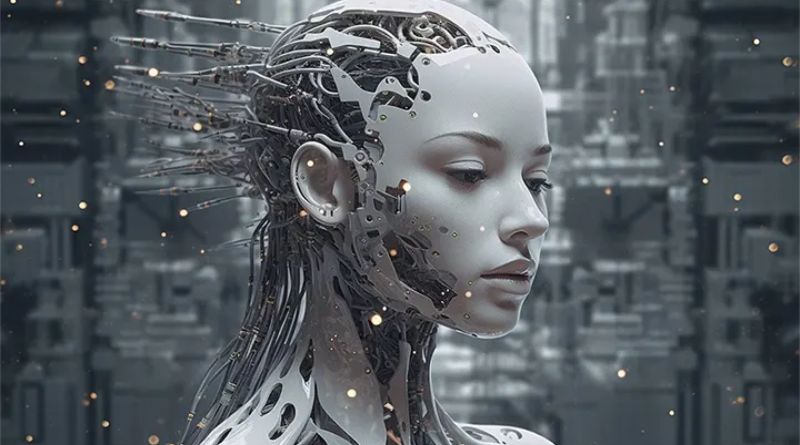Imagine typing a few sentences and having them transformed into a beautiful melody, an ambient soundscape, or even a fully orchestrated song. This is no longer just a futuristic dream—it’s a reality, thanks to AI-powered technology. AI text to music tools are revolutionizing the way we create, experience, and interact with music, making composition more accessible than ever before. But how does this technology work, and what does it mean for musicians, producers, and everyday music lovers?
How AI is Changing Music Creation
For centuries, composing music required years of practice, an understanding of musical theory, and often the ability to play an instrument. Today, AI is leveling the playing field. With AI-powered music generation, you don’t need to be a trained musician to create soundscapes that evoke emotion and depth. You simply input text—perhaps a description of a mood, a poetic phrase, or even just a set of keywords—and AI algorithms transform it into music.
Table of Contents
The process behind this technology involves advanced machine learning models trained on vast datasets of music. These models analyze patterns, harmonies, and structures, then use that knowledge to generate original compositions. Some tools even allow users to refine the AI-generated tracks, adjusting tempo, instrument selection, and complexity to match their vision.
Real-World Applications: Who Can Benefit?
1. Independent Artists & Producers
For independent musicians, AI-generated music offers an innovative way to spark creativity. Whether they’re looking for inspiration, background music for a project, or unique sound layers to enhance their work, AI can be a powerful tool. Artists can input a few descriptive lines and receive a fully composed track that they can refine and personalize.
2. Content Creators & Filmmakers
From YouTubers to game developers, content creators often need background music that enhances their projects. AI-powered tools make it easier to generate royalty-free tracks tailored to a specific mood or theme, eliminating the need to sift through extensive libraries of stock music.
3. Businesses & Marketers
Brands are now leveraging AI-generated music for advertisements, social media campaigns, and even customer experiences. Personalized audio branding can enhance engagement and make content stand out. Imagine a restaurant using AI-generated soundscapes to create the perfect ambiance for diners—customized based on time of day or even the type of clientele present.
4. Everyday Music Enthusiasts
Even if you’re not a professional musician or content creator, AI-generated music can be a fun and engaging way to experiment with sound. You can create unique playlists based on text descriptions, craft personalized lullabies, or even generate a song to accompany a special occasion.
The Ethical Debate: Will AI Replace Human Musicians?
As with any technological advancement, AI-generated music has sparked debate within the industry. While some see it as an exciting tool that enhances human creativity, others worry about its potential to replace traditional musicians. However, most experts agree that AI is best used as a collaborator rather than a replacement.
Human composers bring emotion, storytelling, and cultural context to music—elements that AI still struggles to fully grasp. Instead of viewing AI as a competitor, musicians can embrace it as a tool that assists in composition, helps overcome creative blocks, and expands the possibilities of sound design.
Getting Started with AI Text-to-Music Tools
If you’re curious about exploring this technology, several platforms allow you to experiment with AI-generated music. Some popular options include:
- AIVA – Designed for composers, AIVA allows users to generate orchestral and cinematic music based on various styles.
- Boomy – Great for beginners, Boomy lets you create AI-generated tracks in just a few clicks and even release them on streaming platforms.
- Amper Music – Used by content creators and businesses, Amper provides customizable AI-generated soundtracks.
- Adobe Express Text to Music – Create music easily with Adobe’s new text to music generator ai tool. This user-friendly tool generates music based on your text descriptions, making music composition more accessible than ever.
Each tool offers unique features, so experimenting with different platforms can help you find the one that best suits your needs.
Conclusion: Embracing AI in the Music World
AI-powered music creation is not about replacing human artistry—it’s about enhancing it. Whether you’re an artist looking for inspiration, a filmmaker in need of the perfect score, or simply a music lover curious about technology, AI offers new possibilities for creative expression. As AI continues to evolve, the relationship between humans and technology in the music industry will only deepen, leading to even more innovative and unexpected musical landscapes.
So why not give it a try? The world of AI-generated music is waiting to be explored, and the next groundbreaking soundscape could be just a few words away.






